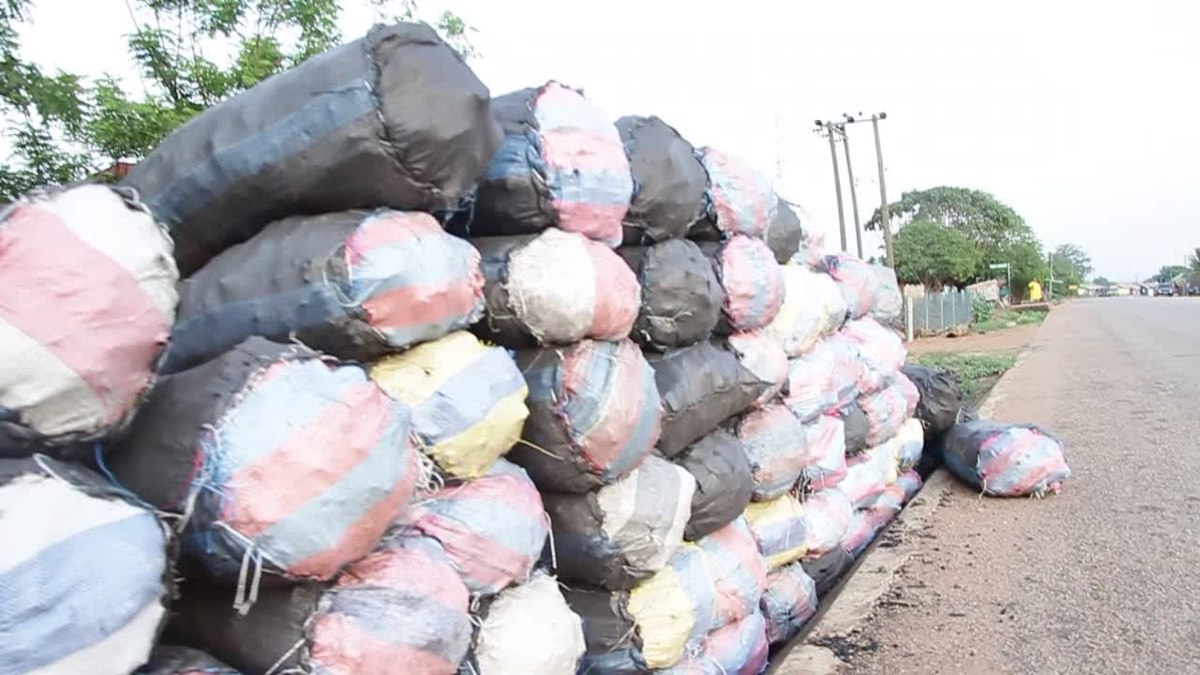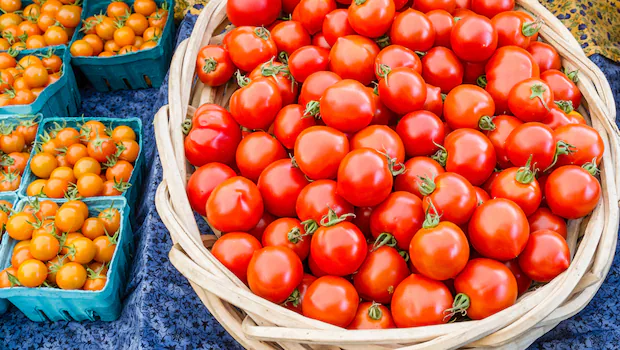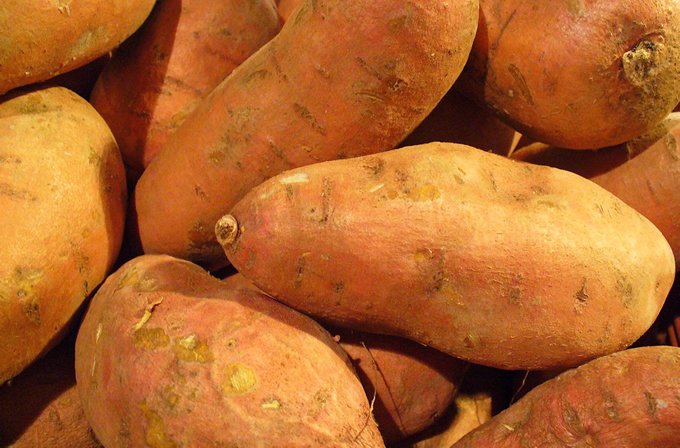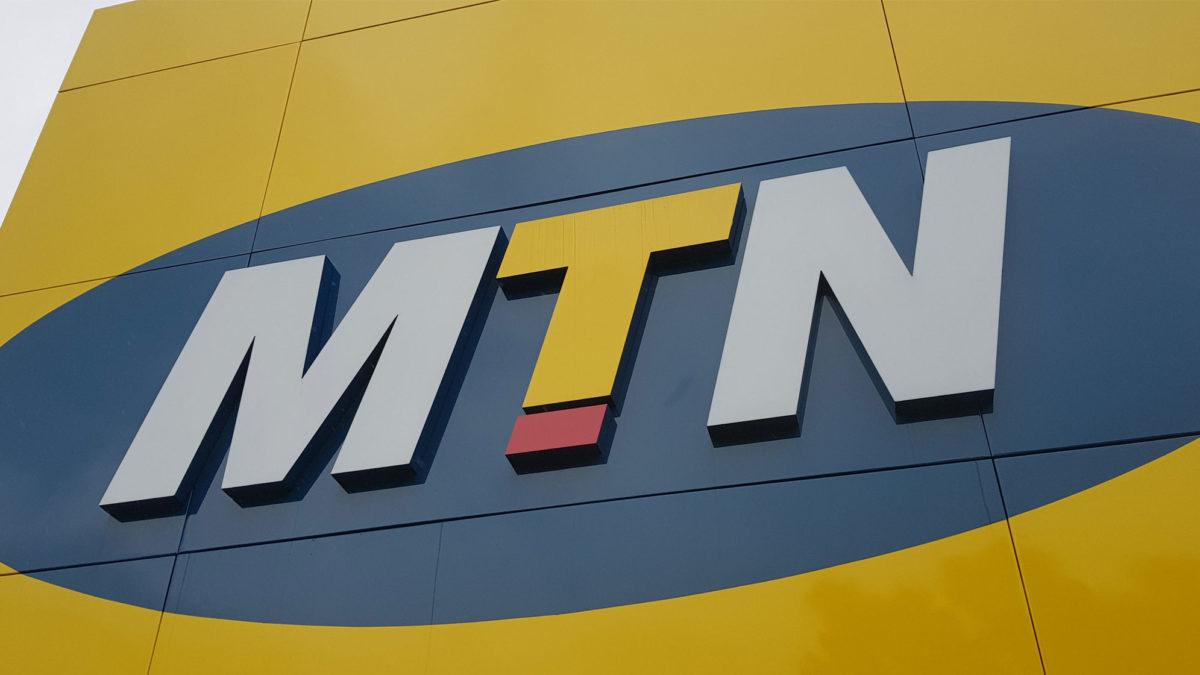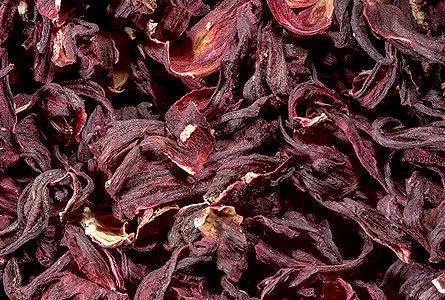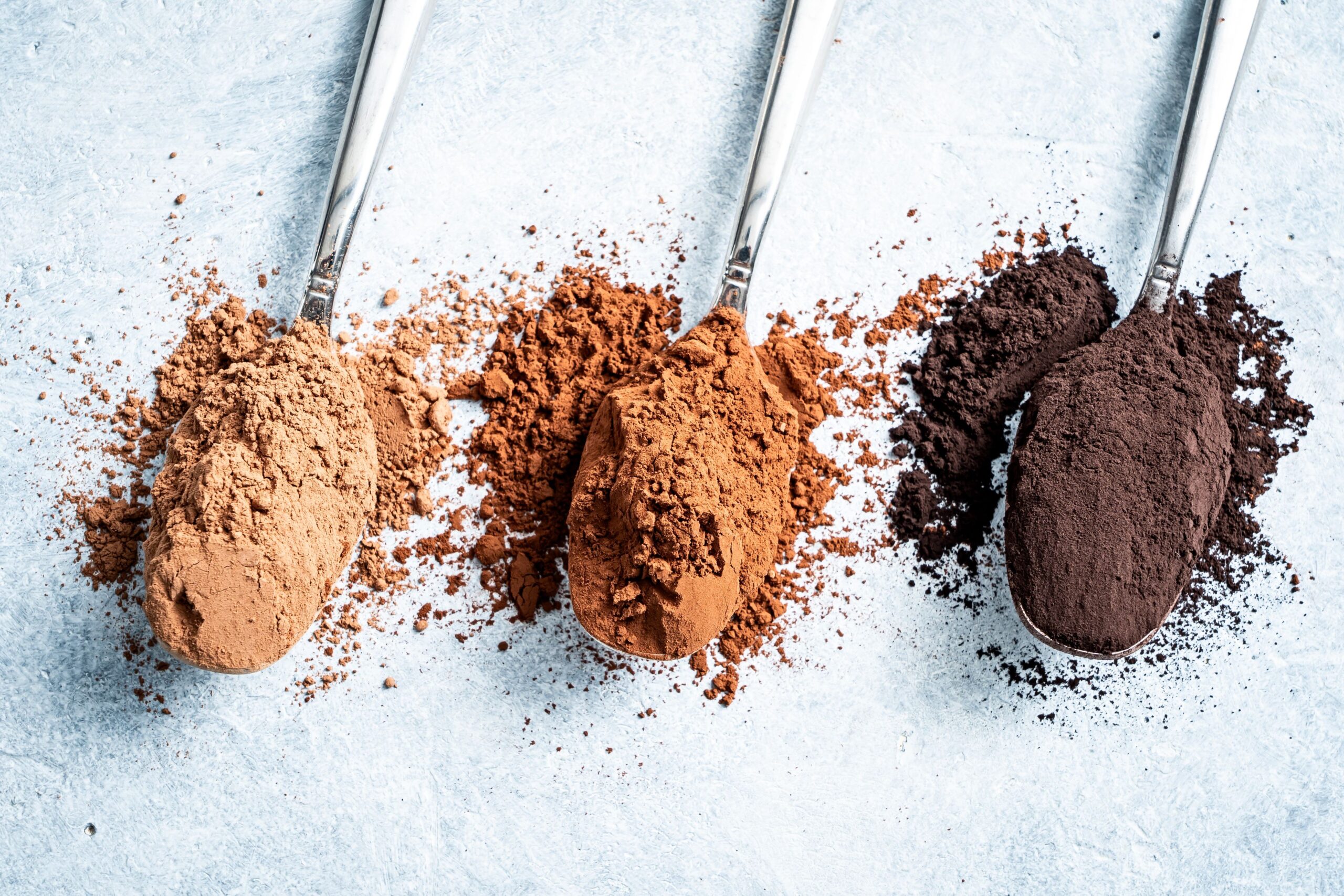Charcoal is a popular cooking fuel in Accra, Ghana, and many households rely on it for their daily cooking needs. However, the price of charcoal in Accra has been a topic of concern these past months. As the cost of living continues to rise, many people are finding it increasingly difficult to afford this essential commodity.
This raises a lot of questions; Why is charcoal so expensive in Accra? What factors contribute to the high cost of charcoal? What can be done to make charcoal more affordable for everyone? In this article, we will explore the price of charcoal in Accra and delve into the factors that contribute to its high cost. We will also discuss potential solutions to make charcoal more affordable for everyone.
Market Price of Charcoal in Accra
Charcoal production is a significant industry in Ghana, and it is widely used for cooking and heating in households across the country. Charcoal production and usage is said to form the bulk of Ghana’s energy supply and consumption, with the product contributing more than 60% of the country’s energy needs.
Charcoal production in Ghana involves burning wood in kilns to produce charcoal. However, there are also innovative methods being developed to produce charcoal from other materials, such as grass and coconut waste.
The impact of charcoal production on Ghana’s forests and environment is a concern, as it often involves cutting down trees and can lead to deforestation and soil degradation. However, efforts are underway to promote sustainable charcoal production and alternative cooking fuels in Ghana.
The use of charcoal in Ghana has both positive and negative impacts on Ghanaian households. On the one hand, it provides an affordable and readily available source of energy for cooking and heating.
Charcoal Production
Traditional charcoal production: The traditional method of charcoal production in Ghana involves cutting down trees and burning the wood in kilns to produce charcoal. This method is often unsustainable and can lead to deforestation and environmental degradation.
Grass charcoal production: A new method of producing charcoal from savannah grass has been developed in Ghana. This method involves harvesting grass and using it to produce charcoal briquettes using a binding agent. Grass charcoal production has the potential to provide a sustainable source of income for rural communities while also reducing deforestation and promoting soil health.
Coconut waste charcoal production: Another innovative method of producing charcoal in Ghana involves using coconut waste as a raw material. This method involves burning coconut shells and other waste materials in a kiln to produce charcoal. This approach has the potential to provide a sustainable source of income for coconut farmers while also reducing waste and promoting environmental sustainability.
Factors Affecting the Market Price of Charcoal in Accra
Availability of charcoal: The availability of charcoal in Accra can affect its price. If there is a shortage of charcoal, the price is likely to increase. For instance, in September and October 2023, there was a shortage of charcoal in Accra causing the price of a sack of charcoal to increase from GHC 120 to GHC 140.
Transportation costs: The cost of transporting charcoal from production areas to Accra can also affect its price. If transportation costs increase, the price of charcoal is likely to increase as well.
Demand for charcoal: The demand for charcoal in Accra can also affect its price. If demand is high, the price is likely to increase. For instance in areas where people use a lot of charcoal as a source of energy, the price of charcoal increases. For example places like Mamobi and Nima among others.
Seasonal variations: The price of charcoal in Accra can also vary depending on the season. For example, the price of charcoal may increase during the rainy season when supply is limited.
Current Market Price of Charcoal in Accra
The current market price of a sack of charcoal in Accra ranges between GHS 140 and GHC 150 depending on the location, seller and the type of charcoal whether hard or soft.
However, if you want to buy in smaller quantities for cooking and other stuff, you can get it from GHC 5 and above.
What can be done to make charcoal more affordable for everyone?
Promote sustainable charcoal production: Sustainable charcoal production can help reduce the cost of charcoal by ensuring a steady supply of charcoal while also promoting environmental sustainability. This can be achieved through policies and programs that support sustainable charcoal production and discourage unsustainable practices such as deforestation.
Encourage the use of alternative cooking fuels: Alternative cooking fuels, such as LPG and biomass pellets, can be more expensive than charcoal, but they are considered to be more sustainable and environmentally friendly. Encouraging the use of these fuels through subsidies or other incentives can help reduce the demand for charcoal and make it more affordable for everyone.
Make charcoal production more efficient: Improving the efficiency of charcoal production can help reduce the cost of charcoal by reducing the amount of wood needed to produce a given amount of charcoal. This can be achieved through the use of more efficient kilns and other production methods.
Reduce transportation costs: Transportation costs can be a significant factor in the price of charcoal in Accra. Reducing these costs through improved transportation infrastructure or other measures can help to make charcoal more affordable for everyone.
Recommended Resources:
In conclusion, the price of charcoal in Accra is influenced by several factors, including supply and demand, transportation costs, availability of alternative fuels, and production costs. While charcoal remains an important energy source in Ghana, there are concerns about its environmental impact and the health risks associated with indoor air pollution. Efforts are underway to promote sustainable charcoal production and alternative cooking fuels in Ghana, which could help to reduce the cost of charcoal and make it more affordable for everyone.
By promoting sustainable production, encouraging the use of alternative fuels, improving production efficiency, reducing transportation costs, and using smaller amounts of charcoal, it may be possible to make charcoal more affordable and sustainable for everyone in Ghana.
